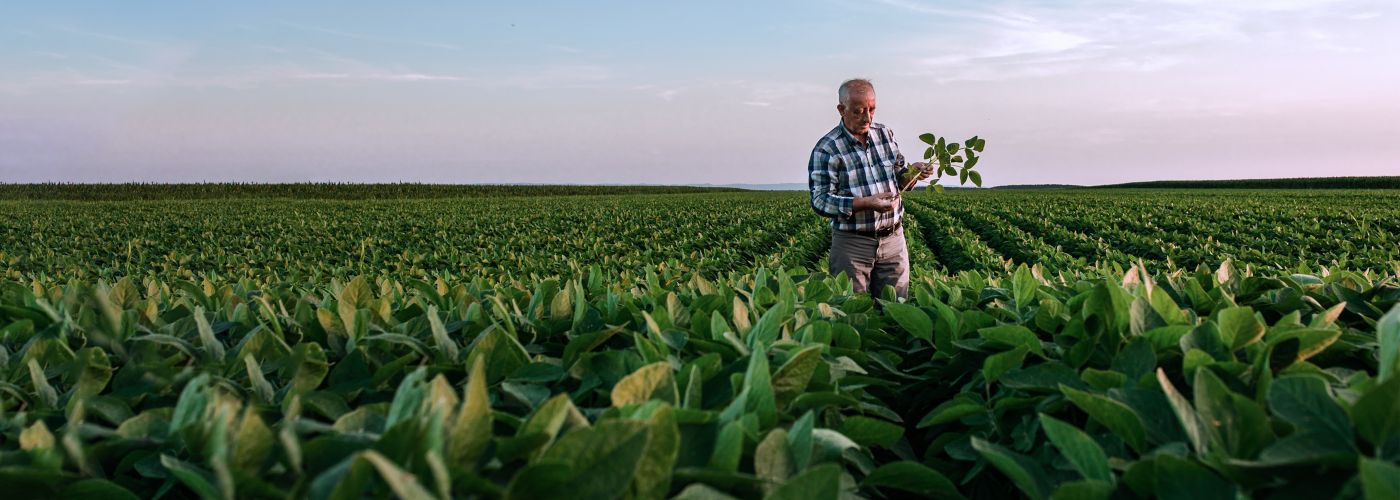Australia has an opportunity to reduce, reuse and recycle food waste through a circular economy model. This approach could enable new business models to emerge, financial benefits to be captured and a growth that's better for all.
While the concept of circular economy is not new, challenges like resource availability, volatile growing conditions, pressures on supply and margins in food production, as well as changing consumer preferences, are forcing us to rethink inefficient and wasteful linear models through our food supply chains.
The true cost of global food waste
Worldwide, food waste costs over AUD$1.75 trillion annually.
In an effort to reduce poverty and inequality, encourage economic growth and recognise environmental impacts, the UN’s Sustainable Development Goals include a target of halving food waste by 2030.
Acknowledging our own AUD$20 billion food waste problem, Australia has set a National Food Waste Strategy aligned to the UN target.
Advantages of a circular model for Australian businesses
For businesses adopting circular models, benefits include greater efficiency and profitability, less waste and cost, better innovation and stronger relationships with customers.
However, for many the concept of circular economy models and the shift required in mindset and business processes can seem daunting. In Australia, there is a need for greater understanding of what circular economy means and how businesses are successfully adopting circular models.
By fighting food waste through a circular economy model, there is a real advantage to be gained for business, communities and the environments in which we live, work and grow.
A circular economy ecosystem and behavioural change are key
Solving the issue of food waste in Australia will take a collaborative approach between supportive government initiatives, entrepreneurial spirit, active industry participation, applications of disruptive technologies, and input from academia and significant consumer behaviour change.
The Fight Food Waste CRC and KPMG, in 2019, produced this report to create greater awareness about the opportunities for fighting food waste through circular economy models. The report includes a snapshot of international and Australian ecosystems enabling circular economies, and Australian business success stories to inspire others to action in tackling the food waste challenge.



